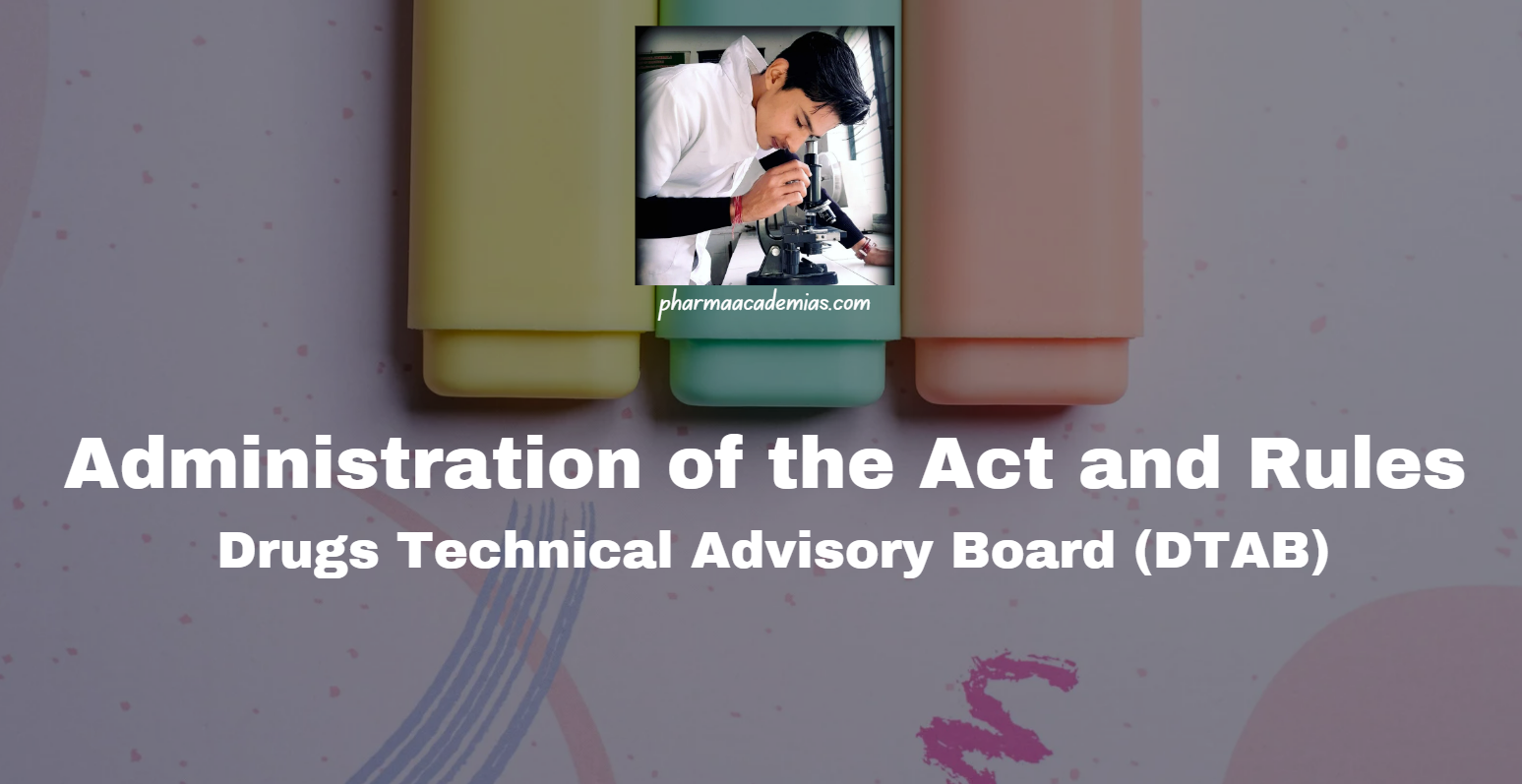Drugs Inspectors: Roles, Responsibilities, and Impact
Drugs Inspectors are pivotal in the regulatory framework governing pharmaceuticals, ensuring that drugs, cosmetics, and related products meet established safety, efficacy, and quality standards. They play a critical role in monitoring compliance with regulations, inspecting facilities, and enforcing drug laws. This detailed note covers their roles, responsibilities, qualifications, and impact on drug regulation 1. Role … Read more










